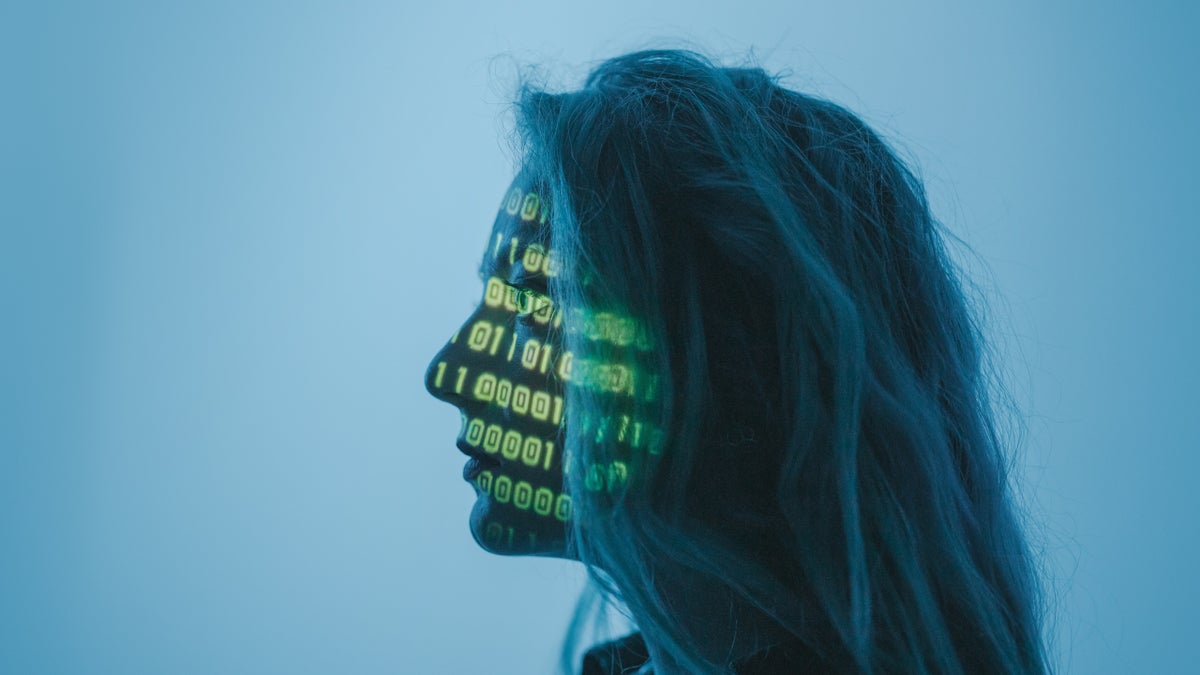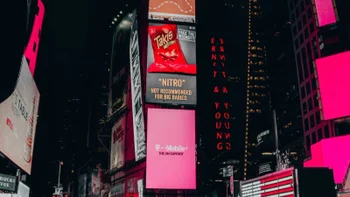Beware of deepfake video scams: how AI technology is being misused

We have already witnessed deepfake videos featuring famous people such as Barack Obama, Mark Zuckerberg, Tom Cruise, and numerous other celebrities or politicians. Some found them amusing, while others were concerned about the implications as deepfake technology continues to progress.
Well, now it appears that deepfake videos are being employed as part of online scamming schemes. A recent incident involved a man from India who fell victim to such a scam, resulting in a loss of Rs 40,000 (approximately $490).
According to MySmartPrice, the victim received a WhatsApp video call. The fraudster exploited deepfake technology to resemble one of the victim's former colleagues and requested money. When Radhakrishnan, the victim, answered the call, he saw someone who appeared to be his ex-colleague.
The imposter even mentioned the names of several other former colleagues to strengthen his story. During the call, the scammer asked Radhakrishnan to provide Rs 40,000 for urgent assistance to a relative in the hospital.
Feeling compelled to help his friend, the victim made an online payment of the requested amount. But later, the same caller requested an additional Rs 35,000 from Radhakrishnan. This raised his suspicion, prompting him to contact his former colleagues to verify the story. It was then that he discovered the call was fraudulent, and he had been duped out of Rs 40,000. The police managed to trace the money, and the associated bank has been instructed to block the amount.
Deepfake video scams may happen more often than you think
These deepfake video scams seem to occur frequently, particularly in India. However, recent research by cybersecurity company McAfee reveals that 1 in 10 individuals personally experience targeted AI voice or deepfake scams, while 15% report knowing someone who has been affected. This highlights that no one is exempt from the risk of becoming a victim.
Not long ago, in Baotou, China, a scammer used AI-powered face-swapping technology during a video call to pose as a close friend of the victim, convincing them to transfer an amount of 4.3 million yuan (over $600,000).
Deepfake video call scams might not be the only AI-generated threat. It seems that deepfake scam advertisements are also emerging on the internet in the UK. Consumer finance expert Martin Lewis has denounced a "disgraceful" deepfake scam advertisement for an investment app. The advertisement utilizes deepfake technology to replicate the expert's face and voice, persuading individuals to invest in the fraudulent app, potentially resulting in financial losses.
What is actually a deepfake video?
A deepfake video is an AI-generated video that convincingly depicts someone else, making distinguishing between real and fake videos challenging. AI technology is employed to analyze and process data, such as facial images and voice recordings, facilitating the creation of realistic deepfake videos that closely imitate a person's appearance and voice.
How can you protect yourself from deepfake video calls?
With AI rapidly advancing and legislation struggling to keep pace, it is crucial to be aware of how to recognize deepfake videos. Here are some key points to consider:
- Video Quality: Typically, deepfake videos have poor quality. If the suspicious video is from an online source, check for watermarks or other indications that it may be stolen.
- Loops & Cuts: Many fake videos loop back to the beginning after a certain amount of time or abruptly stop at the end without properly concluding the video call.
- Video Sizing: When someone is making a fake video call, they often resize the video to fit the webcam window or the app they are using. This resizing distorts the video's proportions, so check for excessively widened or elongated faces.
- Contacts: Is the person calling you listed in your contacts? If not, think carefully if the name means anything to you or if you know such a person.
- Content: If the video call appears to be from someone you know, and their contact details are accurate, but something still feels off, consider the content of the video. Does the person who is purportedly calling you actually talk like this or ask the person something only you two might know, like a shared memory, for example?
By being mindful of these things, you can enhance your ability to identify deepfake videos and protect yourself from falling victim to such scams.
Follow us on Google News














Things that are NOT allowed:
To help keep our community safe and free from spam, we apply temporary limits to newly created accounts: